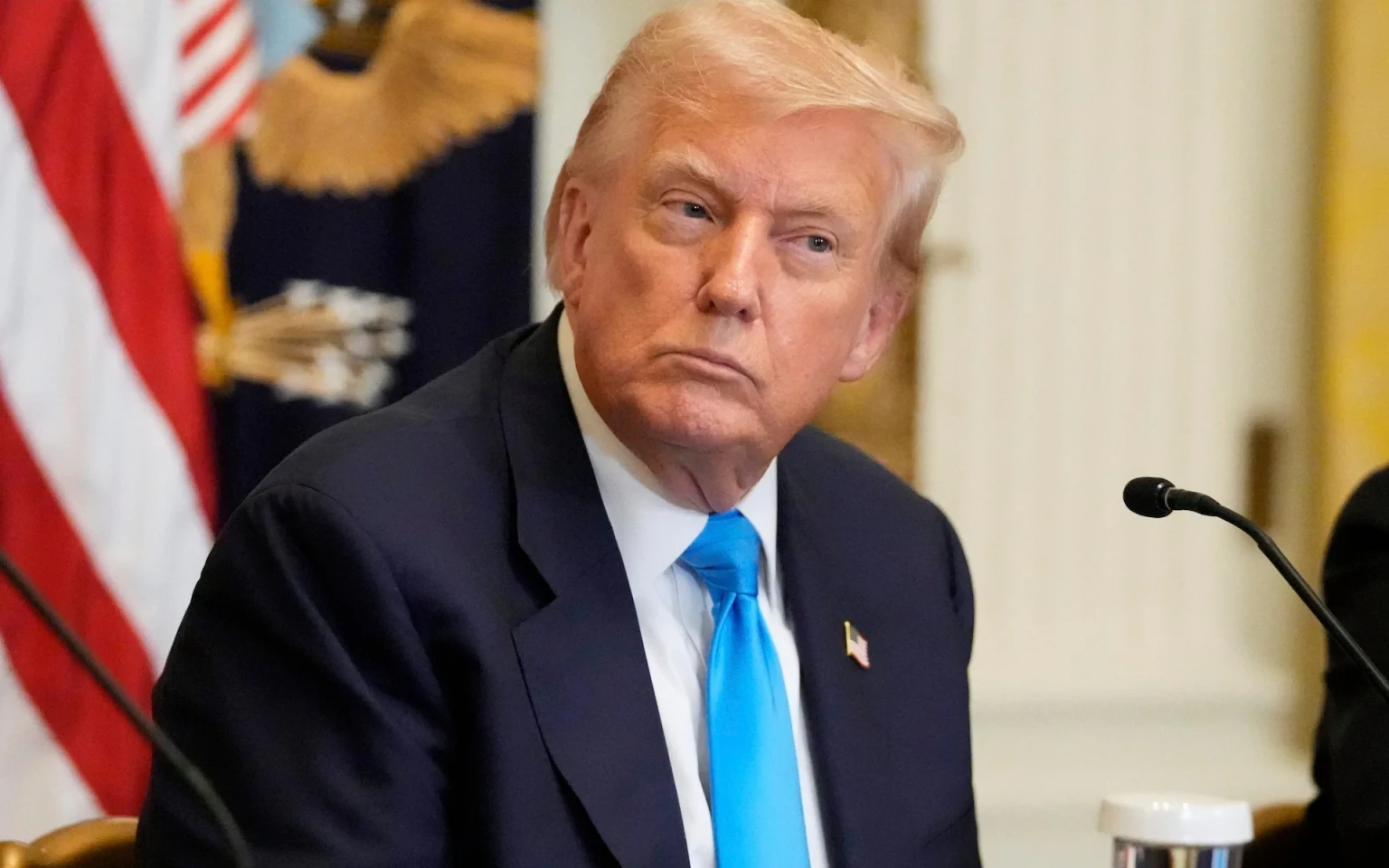Individuals seeking to enter the United States may soon be denied visas or green cards if they suffer from chronic health conditions such as diabetes, heart disease, or other long-term illnesses. The new directive, issued under the Trump administration, aims to exclude individuals who might depend on public assistance or healthcare funding once they are in the country.
The policy, distributed this week to U.S. embassies and consular offices around the world, marks one of the most far-reaching immigration restrictions in recent years. It underscores President Donald Trump’s ongoing efforts to reshape the American immigration system to favor wealthier, healthier applicants while tightening entry requirements for others.
A cable sent by the State Department instructs visa officers to flag applicants whose medical conditions could require “hundreds of thousands of dollars’ worth of care.” The list of potentially disqualifying conditions is extensive and includes cardiovascular and respiratory diseases, cancers, diabetes, metabolic and neurological disorders, and mental health conditions.
The guidance goes further, urging officers to consider obesity as a risk factor because of its connection to chronic complications such as asthma and high blood pressure. Collectively, these conditions are now being treated as indicators that an applicant might become a future financial burden on the United States.
Immigration experts say the move dramatically expands the traditional “public charge” standard, a century-old immigration rule designed to exclude those likely to become primarily dependent on government assistance. Historically, medical screening in immigration cases focused mainly on communicable diseases like tuberculosis or HIV. The new framework, however, introduces non-communicable and lifestyle-related conditions into the mix, significantly broadening the scope of exclusion.
Read Also:
Nigeria’s deputy senate president, northern groups condemn Trump’s threat over killings
PDP chieftain Hashim slams APC diplomacy amid Trump Nigeria threat
The latest directive effectively links an applicant’s health status to visa eligibility, creating what advocates describe as a health-based immigration filter. Under the new rules, consular officers are required to determine whether an applicant possesses the financial means to cover long-term medical costs “over his entire expected lifespan without seeking public cash assistance or long-term institutionalization at government expense.”
While the directive technically applies to all visa categories, including tourist and student visas, it is expected to be primarily enforced against those seeking permanent residency. For now, temporary visa holders, such as tourists or students, must continue to demonstrate they can support themselves financially during their stay and do not intend to remain in the country.
The administration has not clarified whether health-related denials will extend to short-term visitors, leaving legal experts and immigration attorneys uncertain about how the rule will be applied in practice.
Criticism from Advocates and Health Experts
The policy has drawn swift criticism from human rights organizations, medical experts, and immigration advocates. They warn that consular officers, who have no medical training, will now have the authority to make subjective judgments about an applicant’s health and future medical needs.
“This policy effectively allows unqualified officials to play doctor,” said an immigration lawer in the Newyork. “It opens the door to discrimination, especially against older applicants and those from countries where chronic diseases are more common.”
Advocates argue that the new rule unfairly penalizes individuals for health conditions that are beyond their control. They contend that the directive violates long-standing humanitarian principles and undermines the spirit of equal opportunity upon which U.S. immigration law was built.
Trump Favoring the Wealthy and the Healthy
Analysts say the new health-based restrictions will inevitably favor the wealthiest and healthiest applicants. By requiring immigrants to prove they can pay for decades of medical care without public support, the policy effectively creates a “wealth test” for entry into the United States.
Immigration specialists predict that legal immigration could decline significantly under the new rule, particularly among older applicants or those with common conditions such as hypertension, diabetes, or depression.
“This is one of the most aggressive reinterpretations of immigration law in modern history,” said Dr. Elaine Richards, a policy researcher at the Brookings Institution. “It shifts the focus from public health protection to financial exclusion, punishing people for being sick rather than supporting them in pursuit of a better life.”
A Broader Immigration Crackdown
The health-based visa directive is the latest in a series of steps taken by the Trump administration to restrict immigration. It follows earlier policies such as the travel ban on several Muslim-majority nations, reductions in refugee admissions, and increased scrutiny of student and work visas.
Collectively, these measures signal a consistent effort to tighten America’s borders and redefine who qualifies as “desirable” in the eyes of U.S. immigration authorities. Critics argue that the cumulative effect is a system increasingly designed to exclude the poor, the elderly, and the medically vulnerable, groups once protected under humanitarian and family-based immigration programs.
While administration officials defend the new directive as a measure to protect taxpayers from future healthcare burdens, opponents see it as a discriminatory policy that undermines America’s long-standing image as a refuge for those seeking opportunity and stability.
As the debate intensifies, immigration attorneys expect a surge of legal challenges in the coming months. For now, however, the message from Washington is unmistakable: in the new immigration landscape, health and wealth may determine who is welcome in the United States — and who is left behind.



